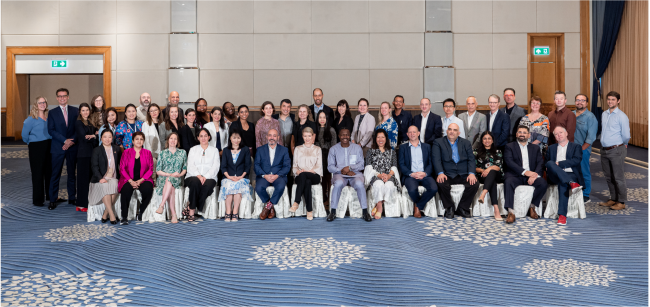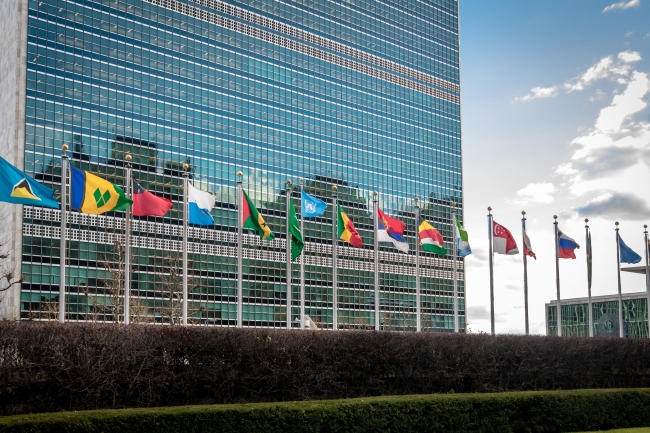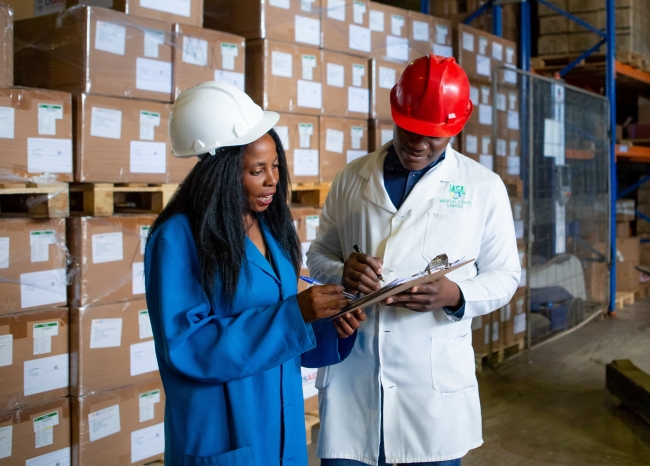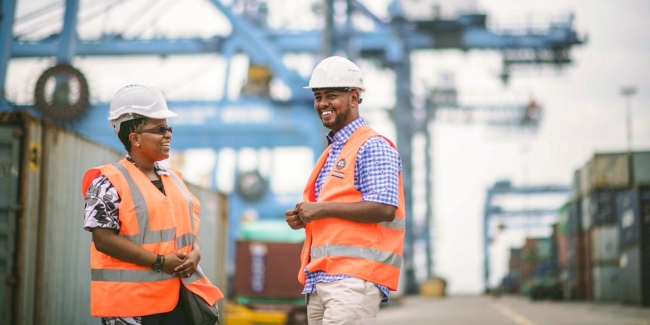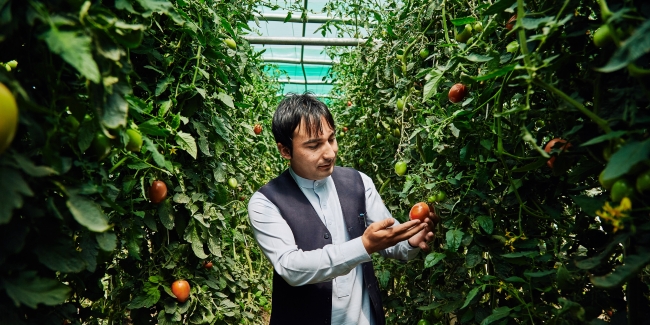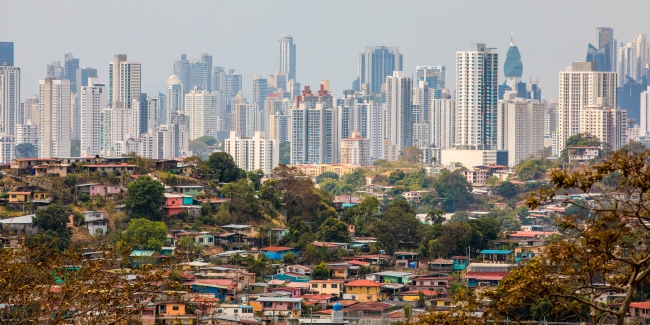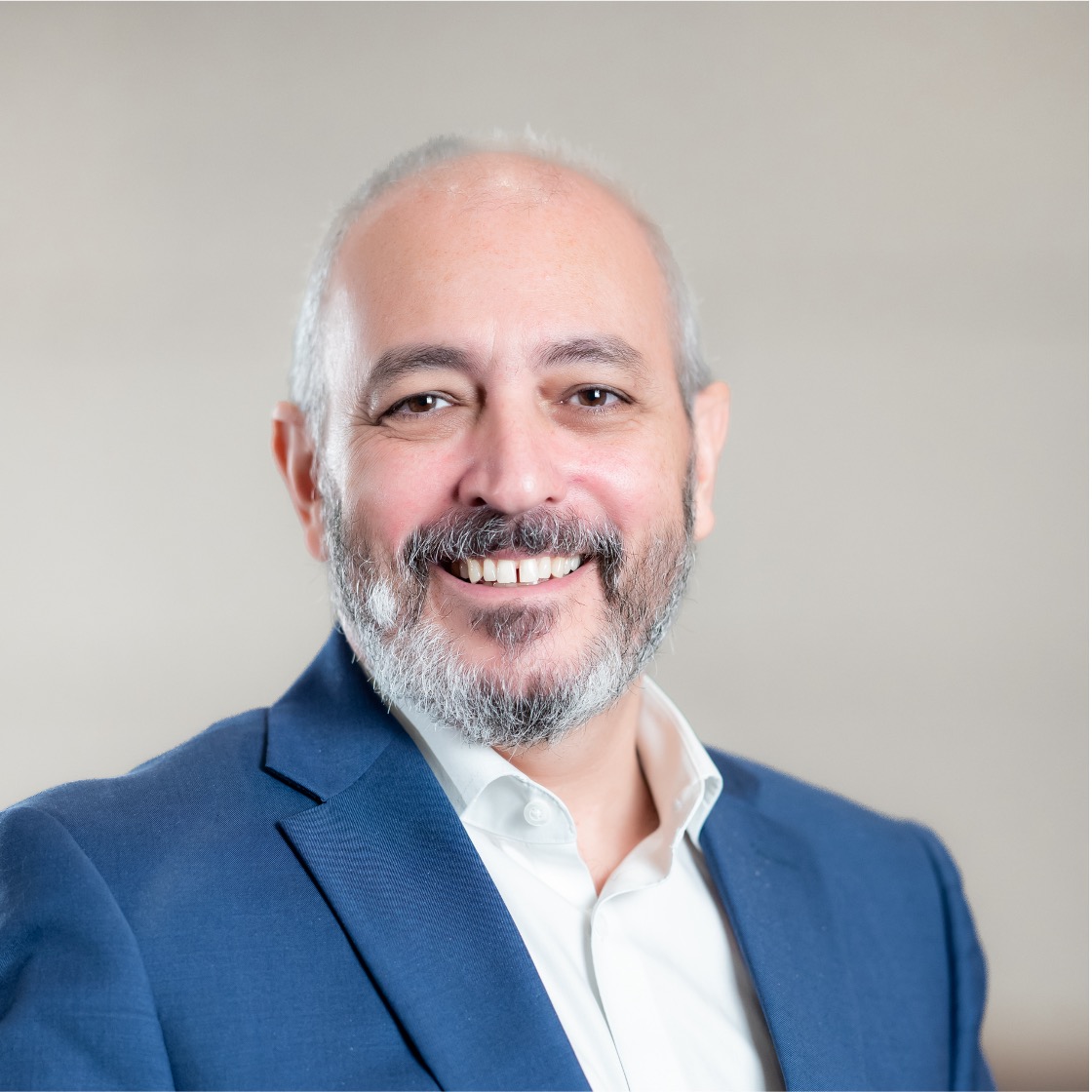Statement delivered by Marcos Neto at the Global Conference on Public Finance for Inclusive and Sustainable Development
Public finances are critical for the progress of Sustainable Development Goals
28 NOVEMBER, 2023
It is indeed a pleasure to welcome you all to this Global Conference.
I thank you for participating in this important event.
We know that progress on the Sustainable Development Goals is off track. Global policy-crises in many cases have reversed the gains achieved over the past decades.
We believe that public finances are critical to the SDG progress – both in terms of how much is mobilised and spent, and how effectively the public finances are used for accelerating development and its various dimensions such as social sectors, environment, inclusive growth, and peace and prosperity.
As a number of developing countries find themselves in fiscal stress, it is even more important to focus on ways to increase both the fiscal space and align budgets with these development outcomes.
Over the next two days we will learn from different countries and development partners about their experiences in public finance reforms. We will hear from government officials from Ministries of Finance and Planning, how effectively they have designed and implemented public finance reforms for accelerating inclusive and sustainable development.
It is critical that we develop partnerships and share reform experiences to find innovative solutions.
At UNDP we are providing support in different types of budgeting for the SDGs reforms to over 50 countries. We work with different government organisations particularly with Ministries of Finance to advance budgeting for the SDGs reform agenda in thematic areas of the SDGs such as climate change, biodiversity, inclusive growth, gender, and poverty reduction.
In partnership with UNICEF, we are combining our expertise and experience in budgeting for social sectors and budgeting for climate and environment to focus on vulnerable populations especially those that have been left behind and most at risk.
Some may argue that we need larger public budgets to achieve the SDGs. Yes, but not only larger but also smarter public budgets. An analysis from our Colombian UNDP colleagues suggests that smarter public budget allocations of existing resources will contribute to the achievement of SDGs few years faster than a 20% increase of the resources.
This event also brings together the SDG focus of the UN development system and finance focus of the IMF. Enhancing the focus of financial reforms to achieve development outcomes can not only lead to progress towards the SDGs, but to the financial reforms as well. Our collaboration on green dimension of the SDGs budgeting provides opportunities to countries to advance on the reforms to build resilience and sustainability.
This event also brings together the OECD experience and expertise to the UN development system focus on supporting developing countries. There are many reform innovations and solutions that have been initiated by OECD countries. We would have the opportunity to learn from strategic budgeting approaching for advancing on gender equality and inclusion from Ministries of Finance of a select number of OECD countries.
Many of the Ministries of Finance in developing countries may not have enough human resources to support parallel streams of work and recommendation from different Development Partners, even if those recommendations are useful individually. Instead, we need to collaborate first and present to the governments a packaged approach. A good example of such partnership is in the area of bridging national policies and SDGs with national budgets – a single methodology on budgeting and tagging with individual processes for gender, climate, biodiversity, child-friendly budgeting is a more systemic solution rather than running few parallel budgeting processes for each policy area.
Ladies and gentlemen, more than 40 countries are attending this event in person, while many more will benefit from the live broadcast. The experiences and partnerships will define collative action towards one common goal of inclusive and sustainable development.
Thank you again and I wish you good luck with the event.

